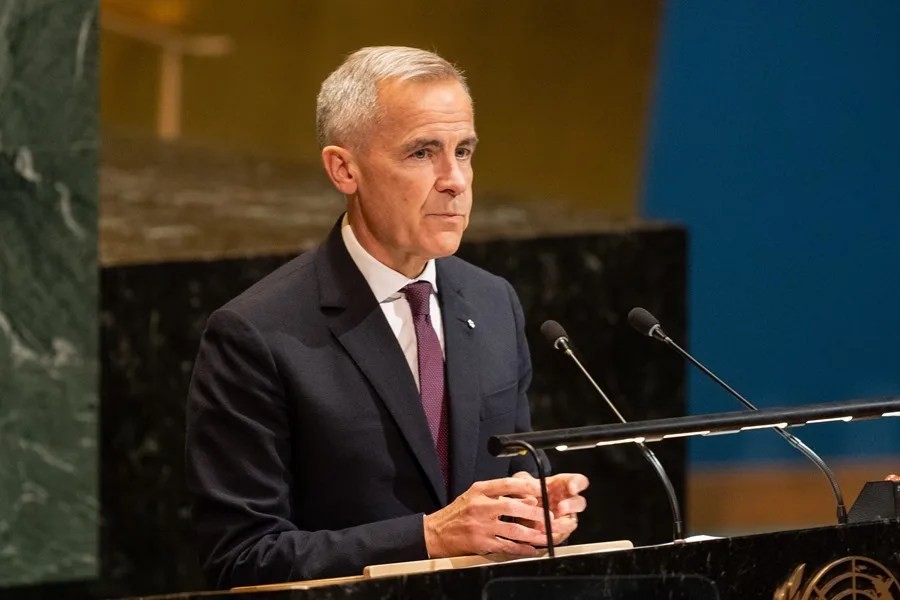Canada’s Mark Carney Pushes Global Partnerships—but What About America’s Interests?
Canadian Prime Minister Mark Carney’s diplomatic tour signals a pivot away from U.S. ties toward Europe and others—raising questions about the impact on American economic and security leadership.

In an increasingly unpredictable global landscape, Canadian Prime Minister Mark Carney announced his forthcoming trip to London to engage with leaders from the United Kingdom, Spain, Australia, Iceland, and Denmark. Ostensibly aimed at “developing new economic opportunities,” this diplomatic push reveals a deeper maneuver: Canada is actively diversifying its alliances in response to shifts under President Trump’s America First policies.
Is Canada Moving Away From America?
Since taking office in April, Carney has prioritized breaking Canada’s traditional economic and security reliance on the United States by forging closer bonds with the European Union—a region he sees as pivotal. Given Carney’s previous high-profile roles as Governor of both the Bank of Canada and the Bank of England, his European focus comes as no surprise. However, this raises critical questions: does Canada undervalue the strategic partnership that has long ensured North American prosperity and security? How long will Washington tolerate allies quietly drifting towards other blocs without reciprocal engagement?
This recent trip also includes participation in the Global Progress Action summit in London—a forum where globalist initiatives often overshadow national sovereignty. While cooperation is vital, it is essential to scrutinize which priorities are advanced there. Carney’s pledge to deepen ties touches on “mutual actions for a lasting peace in Europe and the Middle East,” but what about reinforcing borders here at home? Every move abroad that shifts focus away from North America’s core alliance chips away at our shared security framework.
Economic Opportunity or Strategic Drift?
Carney’s outreach extends beyond Europe—his first official visit to Mexico this month centered on refreshing trade relations under the USMCA (T-MEC). Yet even with neighbors close by, Canada’s clear pivot toward Europe signals a lack of confidence or impatience with U.S. policy direction under Trump. For hardworking Americans concerned about jobs, border security, and fair trade enforcement, this retreat by an important neighbor could have long-term consequences.
The patriotic question remains: can we count on allies like Canada to stand firm alongside America in protecting national sovereignty against globalist pressures? Or will these alliances become transactional exercises favoring EU regulations over American values?
For those who champion common-sense conservatism and economic liberty, it’s vital to watch these international relationships closely—ensuring they serve America’s interests first rather than undermine them through unchecked globalization.
